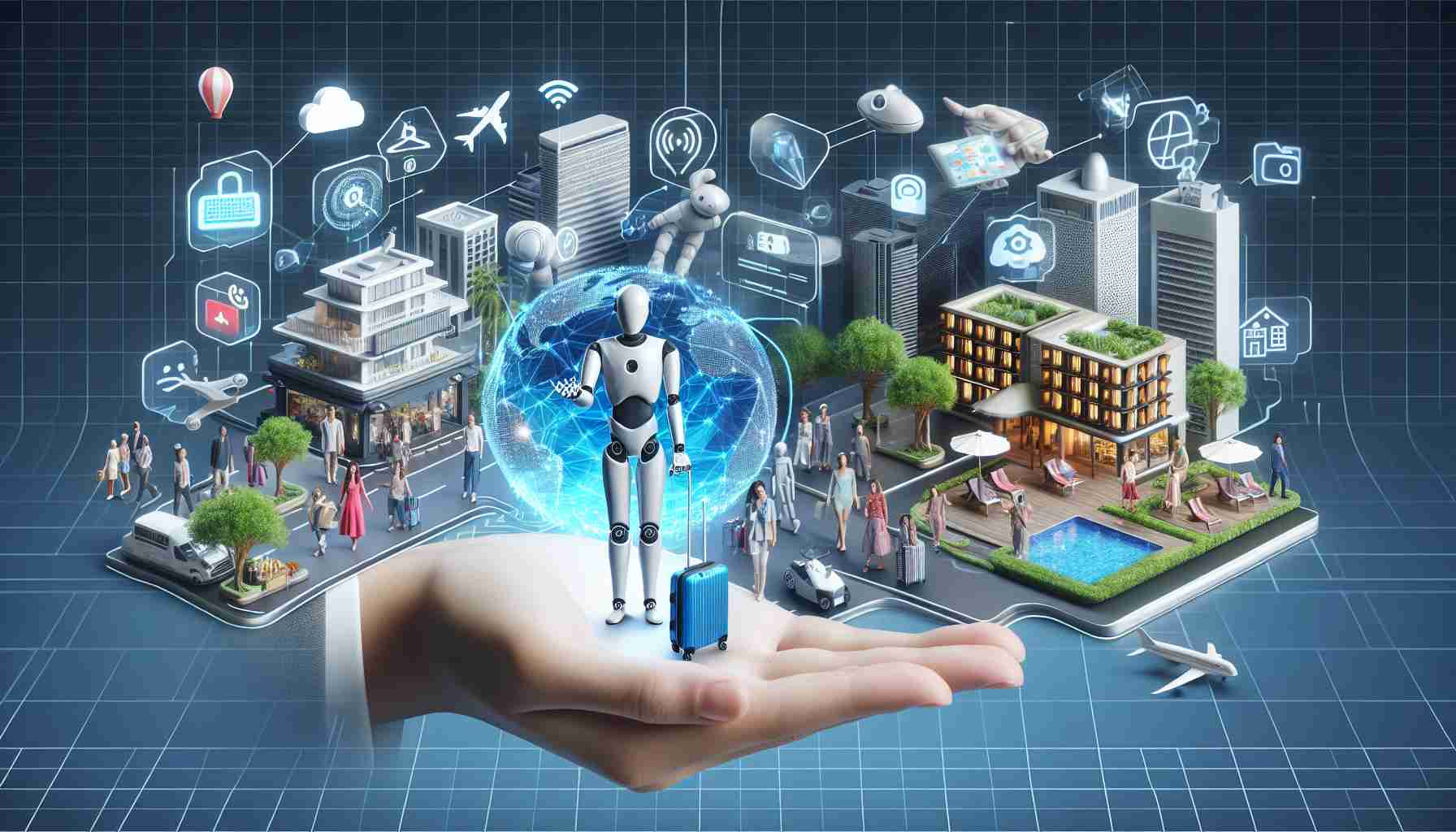The travel industry is on the brink of a transformative era, as artificial intelligence (AI) begins to reshape how tourism functions. The journeys themselves will remain physical and authentic experiences, yet the methods of service delivery, regional promotion, tourism worker tasks, and customer purchasing patterns are poised for change.
An exploration into the evolving landscape of the tourism sector was conducted in a live video discussion hosted on the website and social media channels of Il Sole 24 Ore. The panel featured an array of industry experts: Cristina Mottironi, Director of the Master in Tourism Economics at the Bocconi University; Francesco Ciuccarelli, Chief Information Officer at Alpitour; Sandro Calzoni, Chief Technology Officer at Aci Blueteam; accompanied by Luca Tremolada, a journalist with Il Sole 24 Ore.
This pivotal conversation delved into the future implications of AI on tourism, examining the ways in which this technology is anticipated to revolutionize the sector. It highlighted how services will adapt, how territories will market themselves, and how the workforce within the industry must evolve to meet the new demands set by technological advancements.
With AI’s integration, a new era of efficiency and personalization is expected to emerge, offering tailored travel experiences based on individual consumer preferences and behaviors. As AI continues to advance, it is clear that the travel and tourism industry cannot remain stagnant but must indeed embrace the winds of change brought forth by this digital revolution.
Artificial Intelligence (AI) is extensively impacting the travel and tourism industry, introducing innovative solutions to improve both customer experience and operational efficiency. Here are additional facts and insights on the topic:
– AI is being used in chatbots for customer service, enabling 24/7 assistance for travelers.
– Personalization of travel experiences is achieved through AI analyzing past behaviors and preferences to suggest future travel options.
– AI-powered analytics aid travel companies in forecasting demand, setting prices, and managing their inventory effectively.
– In airports, facial recognition technology is enhancing security and streamlining the boarding process.
To address the important questions, here’s what should be considered:
What are the key challenges?
One of the major challenges is data privacy and security. As companies collect and analyze vast amounts of personal information, they must ensure data protection to avoid breaches. Another challenge is the displacement of jobs due to AI automation, which requires workforce reskilling and adaptation.
What are the controversies?
There are ethical concerns about AI, including bias in algorithms that may lead to unfair treatment of certain groups of travelers. Furthermore, the increasing reliance on technology could also reduce human-to-human interaction, which is a significant element of hospitality in tourism.
Advantages of AI in travel and tourism include:
– Enhanced customer experience through customization and personalization.
– Increased operational efficiency, which can lead to cost savings for companies.
– Better decision-making based on predictive analytics and real-time data processing.
Disadvantages include:
– Possible job losses due to automation and the need for workforce retraining.
– Privacy concerns, as AI systems require access to personal data and there is a risk of misuse.
– Dependency on technology, which could be problematic in the event of system failures or cyber-attacks.
For those interested in further exploring the impact of AI in the travel and tourism sector, the following source provides valuable information:
World Travel & Tourism Council
Please note, before visiting any suggested links, ensure the URLs are up to date and the content is relevant to the current state of AI in the travel and tourism industry.

